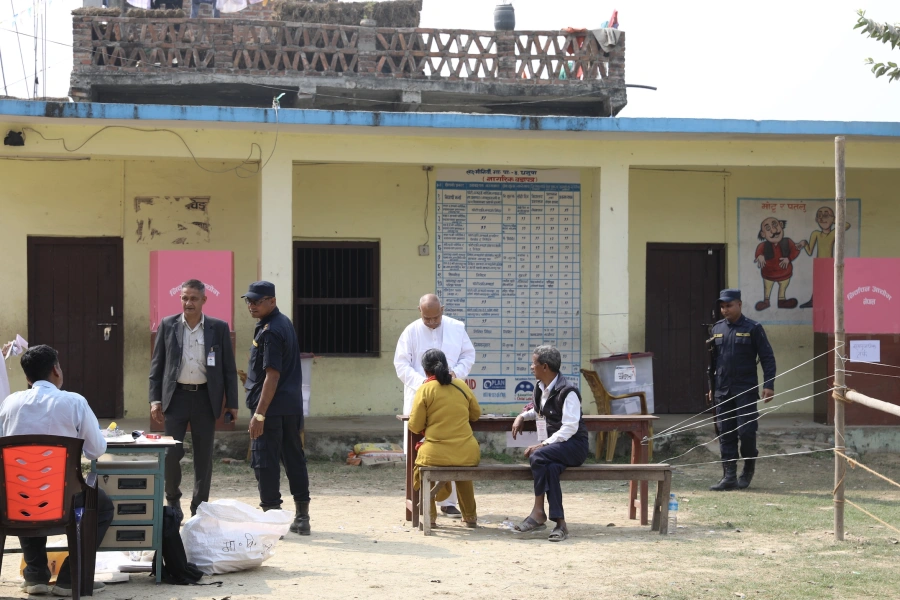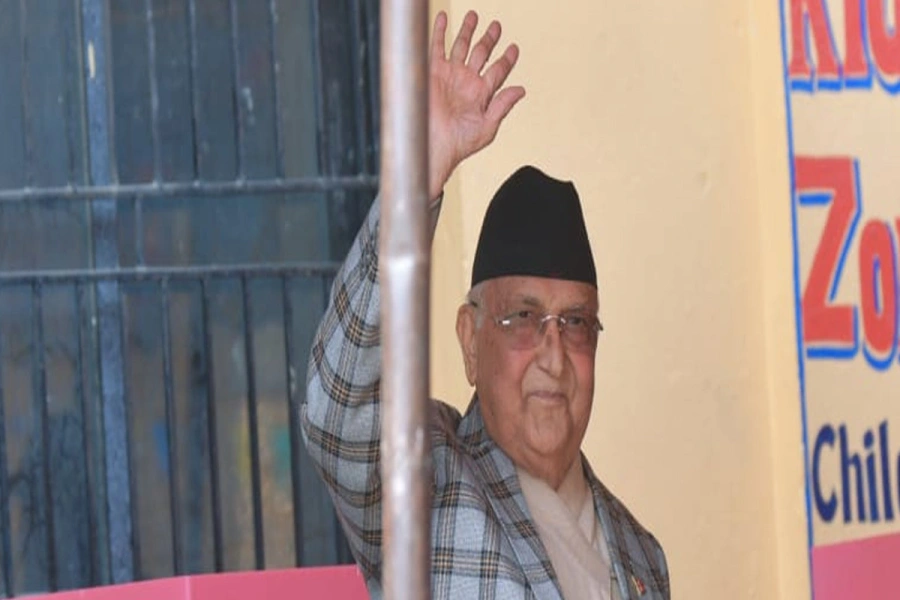ITALY, Aug 15: Firefighters searched into the night on Tuesday for survivors and bodies amid the rubble of a motorway bridge that collapsed in the northern Italian port city of Genoa, killing at least 26.
While that remained the official death toll, Prime Minister Giuseppe Conte said from Genoa that the number would rise. The ANSA news agency reported that it could reach around 35, citing fire brigade sources.
A 50-metre (160-foot) high section of the bridge, including a tower that anchored several stays, crashed down with as many as 35 vehicles driving on it in torrential rain. Huge slabs of reinforced concrete plunged onto two warehouses, train tracks and a riverbed.
In its latest update, the government of the Liguria region tweeted that 19 bodies had already been identified and 15 people had been admitted to hospital, nine in critical condition.
More than 400 people were evacuated from buildings near or below the still-standing section of the bridge. The collapse appeared not to have killed anyone beneath the bridge, only people driving over it, the civil protection agency said.
Firefighters heard voices under the rubble and pulled out seven survivors, fire official Bruno Frattasi told the state broadcaster RAI.
“We hope to find more people alive,” police official Alessandra Bucci said.
Within hours of the disaster, the anti-establishment government that took office in June said the collapse showed Italy needed to spend more on its dilapidated infrastructure, ignoring EU budget constraints if necessary.
Search operation ended in Genoa, bridge death toll rises to 43

“We should ask ourselves whether respecting these limits is more important than the safety of Italian citizens. Obviously for me, it is not,” said Deputy Prime Minister Matteo Salvini, head of the right-wing League, which governs with the 5-Star Movement.
“THEY WILL PAY”
The government has already pledged to increase public investment and lobby the European Commission to have the extra spending excluded from EU deficit calculations.
Salvini also said he wanted the “names and surnames of those who are to blame, because a tragedy like this in 2018 is not acceptable.”
“They will have to pay, pay for everything, and pay a lot,” he said.
Aerial footage showed trucks and cars stranded on either side of the 80-metre long collapsed section of the Morandi Bridge, built on the A10 toll motorway in the late 1960s. One truck was shown just metres away from the broken end of what locals called their “Brooklyn Bridge”.
Motorist Alessandro Megna told RAI state radio he had been in a traffic jam and seen the collapse:
“Suddenly the bridge came down with everything it was carrying. It was really an apocalyptic scene, I couldn’t believe my eyes.”
An official for the civil protection agency said there had been 30 cars and five to 10 trucks on the section that fell.
Some 300 firefighters were working in the wreckage, using sniffer dogs to try to locate survivors, along with 400 police.
“People living in Genoa use this bridge twice a day,” said Deputy Transport Minister Edoardo Rixi, who is from the city. “We can’t live with infrastructure built in the 1950s and 1960s.”
BRIDGE ‘CONSTANTLY MONITORED’
Transport Minister Danilo Toninelli told state television that the disaster pointed to a lack of maintenance.
Autostrade, a unit of the infrastructure group Atlantia (ATL.MI), controlled by the Benetton family, manages the section of the toll highway that collapsed.
“The collapse was unexpected and unpredictable. The bridge was constantly monitored and supervised well beyond what the law required,” Stefano Marigliani, the Autostrade official responsible for the Genoa area, told Reuters.
He said there had been no indication that the bridge was dangerous.
Autostrade said it would work with investigators, and that it was already assessing how to rebuild the bridge.
In a 2016 interview posted online, Antonio Brencich, a University of Genoa professor specialising in reinforced concrete construction, said: “This bridge is usually characterised as a masterpiece of engineering, but in reality it is a failure of engineering.”
He did not say at the time that it was in danger of collapsing, but that it required continuous maintenance and would eventually have to be torn down and replaced.
The 1.2 km-long bridge was completed in 1967 and overhauled in 2016. The motorway it carries is a major artery from northern Italy’s industrial centres to the Italian Riviera and to France’s southern coast.
Autostrade said work to reinforce the slab under the road surface was going on at the time of the collapse.
Premier Conte visited the rescue teams in Genoa, saying afterward that Italy’s infrastructure should be more closely monitored.
Atlantia shares closed down more than 5 percent.


-69a940c05c766-1772700256.webp)
































